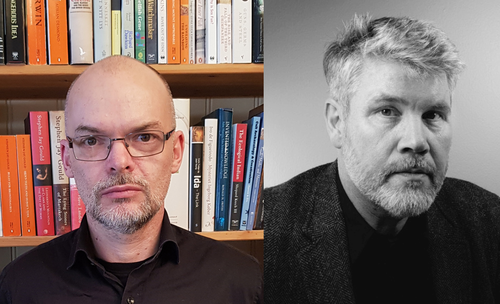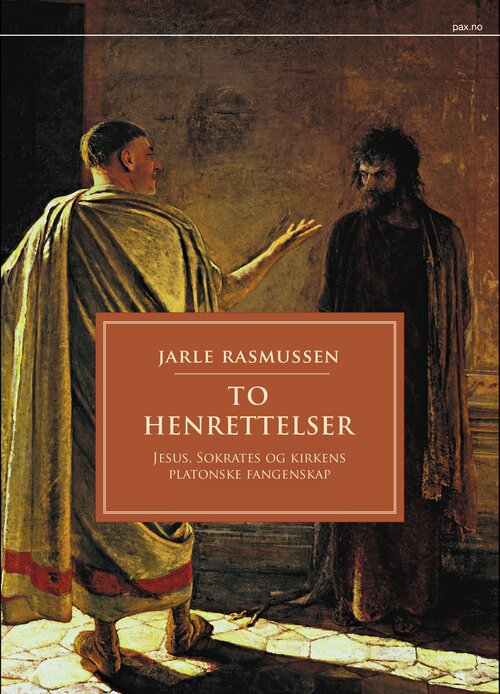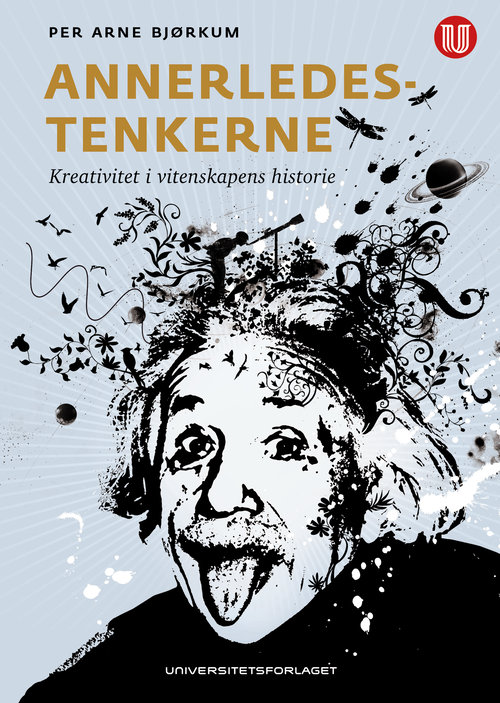To be able to understand many of the darkest chapters in our history, as well as understanding our own time, it is necessary to know the mechanisms of conspiracy thinking. One worldview filled with conspiracy theories was the one of the Norwegian mass murderer from July 22nd 2011.
Conspiratorial constructions of an enemy have been used as a mobilizing force in Putin's Russia, in Erdogan's Turkey and most recently in the US election campaign. We find conspiracy theories in everyday life, in the dissemination of fake news and rumors, they appear incessantly in popular culture, and they are encountered across the political spectrum. Conspiracy theories are used by people of all income groups and all levels of education. However, some believe in them more often and more strongly than others. Why is it so? The prevalence of conspiracy theories in society also varies over time. What makes them increase? These are among the questions that are addressed in this book, and to answer them the authors use knowledge from different disciplines such as psychology, history, religious studies, literary theory and sociology.
Foreign rights
Oslo Literary Agency
Henrik Francke
[email protected]
+47 91 35 39 22
osloliteraryagency.no






